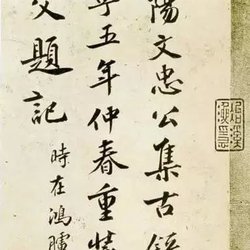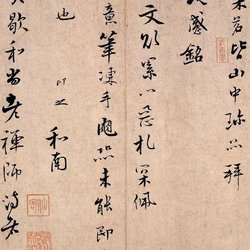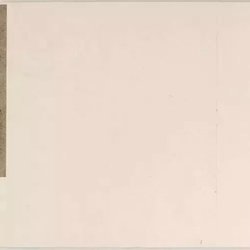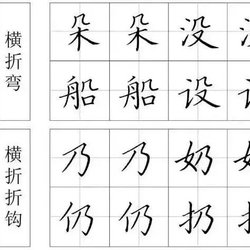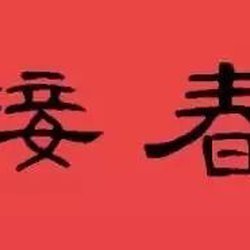In the long history of ancient China, how did women show off their talents? The first one to bear the brunt is of course calligraphy. Today we want to appreciate the calligraphy accomplishments of female calligraphers throughout the ages.
Cai Wenji
Cai Wenji, also known as Wenji. The daughter of Cai Yong, a great writer of the Eastern Han Dynasty, is a famous talented woman and writer in Chinese history. He has been familiar with classics and history since he was a child. He is erudite and talented in debating, and he is good at calligraphy. His writing skills are inherited from his father. After several wars, she was redeemed by Cao Cao, and with his encouragement, she wrote more than 400 volumes of ancient books in regular script and running script from memory, and was known as Wen Ji Gui Han.
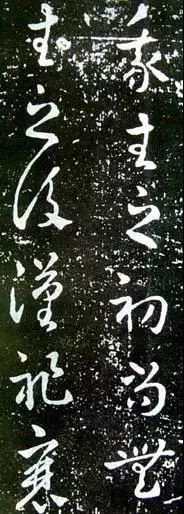
Mrs. Wei
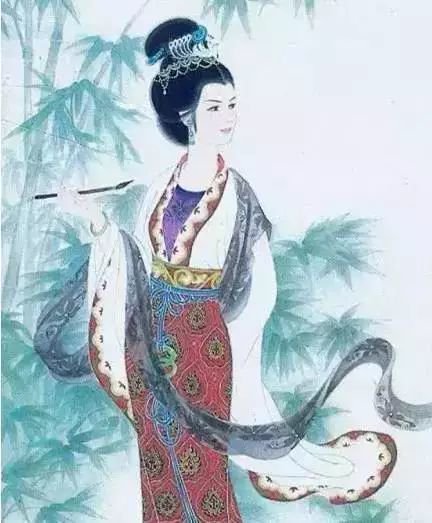
Mrs. Wei, named Shuo. A famous female calligrapher in the Eastern Jin Dynasty. The family has been working on calligraphy for generations. Wei Shuo learned from Zhong Yao and passed on his techniques. He is famous for establishing the order of strokes in regular script. She once wrote poems and essays on cursive calligraphy. Its glyph is rectangular, with several elegant and peaceful lines, elegant and graceful. Wang Xizhi learned calligraphy from him when he was young, and Mrs. Wei was the first teacher of the "Sage of Calligraphy".
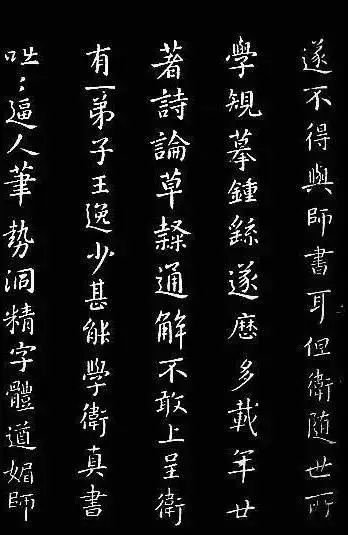
Xue Tao
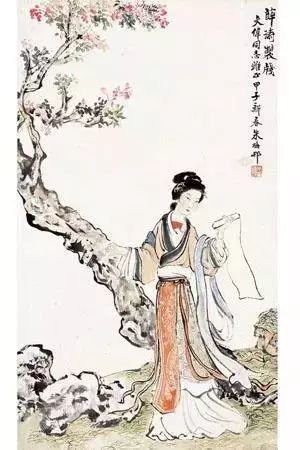
Xue Tao, also known as Hongdu, was a female poet and calligrapher in the Tang Dynasty. The writing paper he invented has been passed down to this day. Xue Tao's calligraphy is unfeminine and his writing is vigorous and vigorous. Every time he likes to write his own poems, his language is also skillful, his thoughts are elegant and elegant, and he writes aphorisms in Dharma, hence his name. Xue Tao's "Chen Si Wang's Beauty Chapter" is written in running script, with ups and downs of graceful writing style.
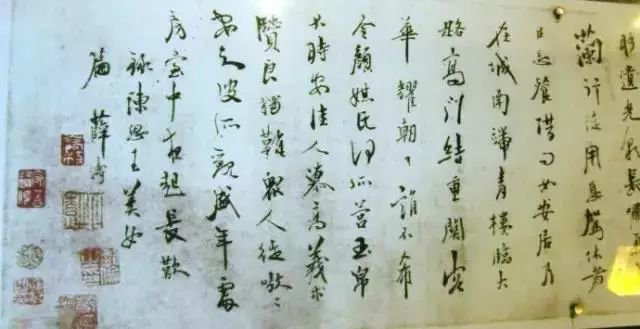
Wu Cailuan
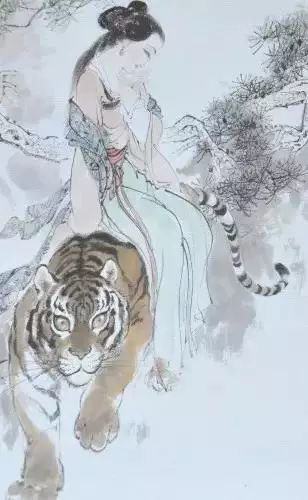
Wu Cailuan, the daughter of Wu Meng in the Tang Dynasty, her husband was Wen Xiao. His family was poor since he was a child, so he made a career out of copying books. His small regular script font is beautiful, his pen is round, his writing skills are skillful, and his writing is extremely fast and precise. There are many manuscripts and rhymes written under Wu Cailuan's name in history books, such as "Qie Yun" and "Yupian".
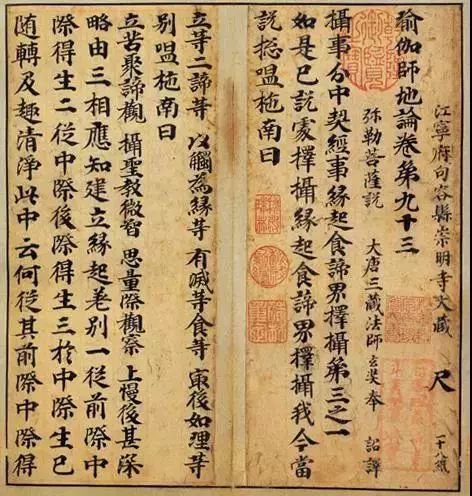
Wu Zetian
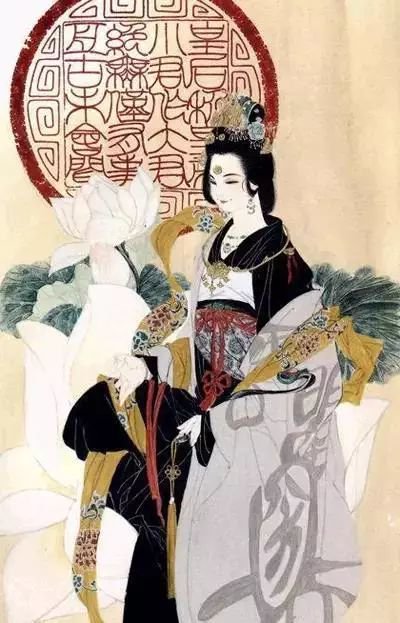
Wu Zetian, known as "Wu Meiniang", was the only female emperor in Chinese history. Wu Zetian was especially good at Feibai script and cursive script. The so-called "feibai" means that the strokes have a hint of whiteness, which is extremely difficult but extremely elegant. When writing cursive script, the calligraphy is graceful and vigorous. Wu Zetian once wrote the names of ministers in Feibai to give them to them, and her calligraphy skills can be seen here!
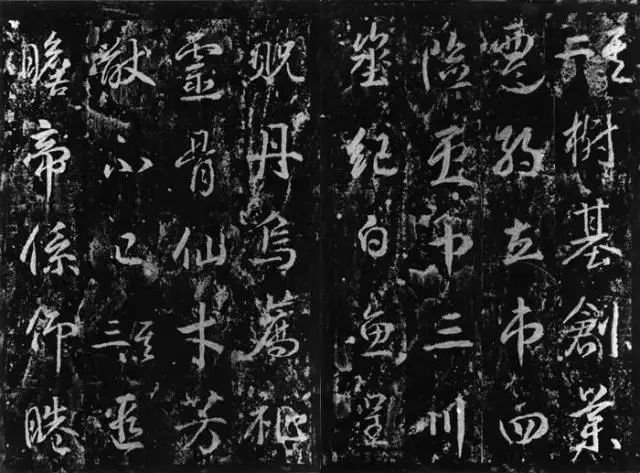
Yang Meizi
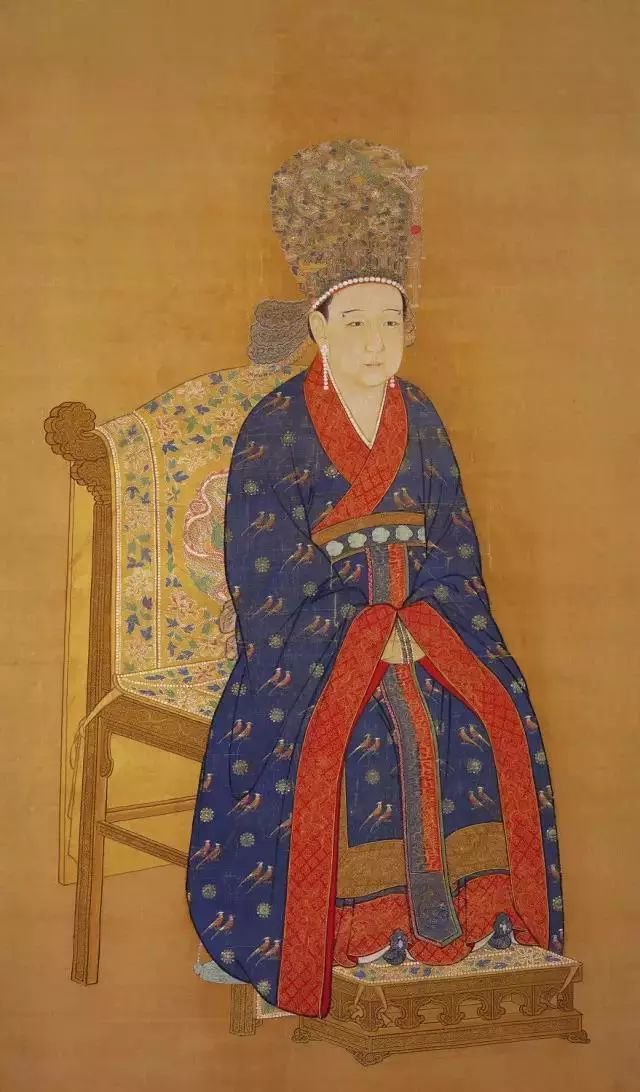
Yang Meizi is the sister of Empress Yang of Emperor Ningzong of the Song Dynasty. It is said that she is Empress Yang herself, but there have been different opinions. She was a calligrapher at that time. It is said that Yang Meizi's calligraphy is similar to that of Ning Zong and belongs to the beautiful line. Jiang Shao's "Yun Shi Zhai Bi Tan" of the Qing Dynasty commented on his calligraphy as "the waves are beautiful and graceful, reflecting the beautiful scenery of Hunan".
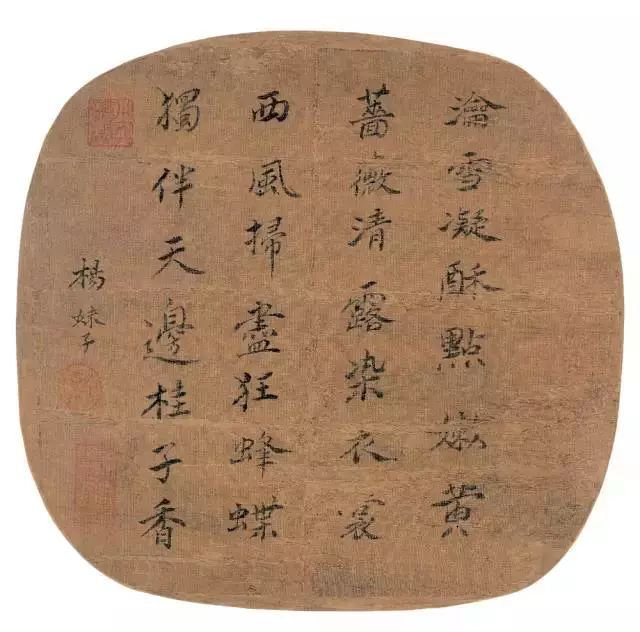
Zhu Shuzhen
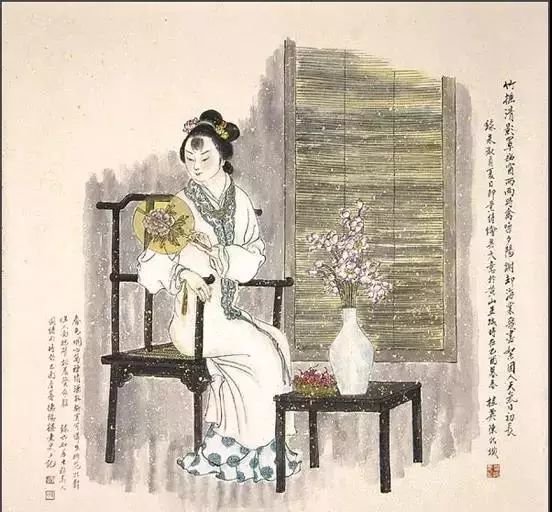
Zhu Shuzhen was a female poet and calligrapher in the Song Dynasty. The small regular script written in it is dignified and energetic, and is highly influenced by Wang Xi's brushwork. Most of his poems describe personal love life. In the early days, his writing style was bright and bright, but in the later years, he was melancholy and depressed. Later generations called him a "red poet". The artistic achievements of his works are quite high, and later generations are often compared with Li Qingzhao.
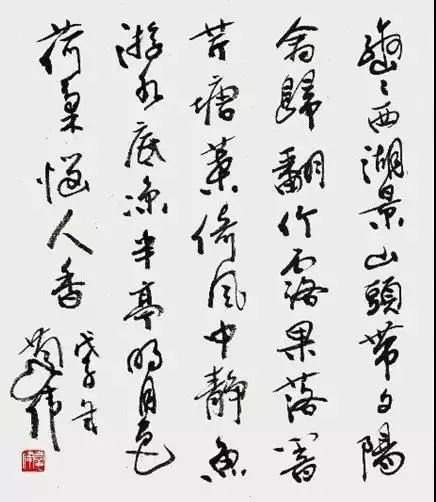
pipe liters
Duan Sheng was a famous female calligrapher, painter, and poetry writer in the Yuan Dynasty. Guan Sheng can not only transcend the mundane world, but also be praised by society and history; he can not only handle the daily trivial matters of ancient women in family society, but also get rid of feudal shackles, and greatly develop and display his comprehensive and outstanding talents. . She is worthy of being one of the famous and great women in Chinese history.
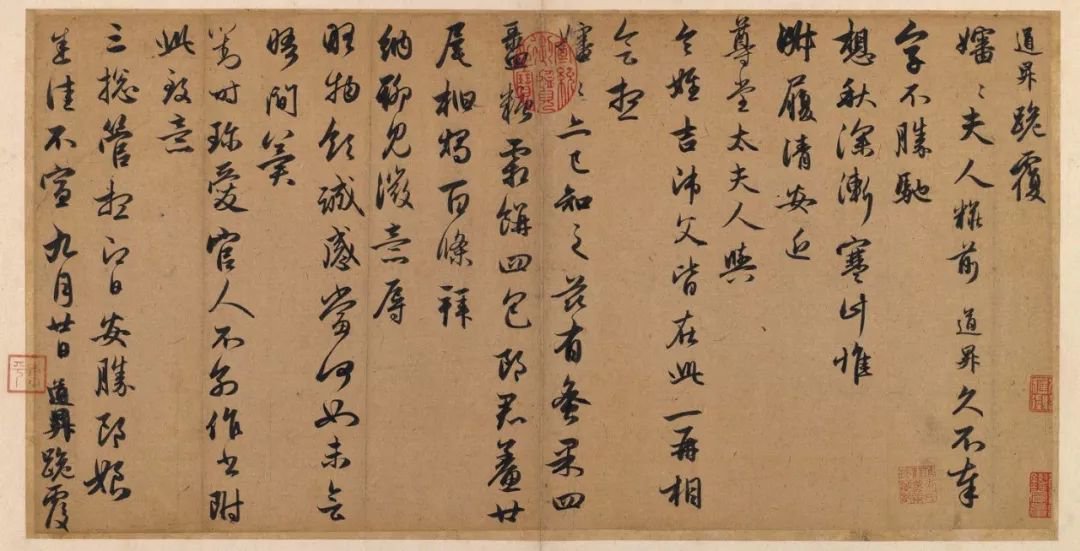
Zhao Mengfu & Guan Sheng's "Late Autumn Tie"
Liu Rushi
Liu Rushi was a famous singing prostitute during the Ming and Qing dynasties. She was smart and eager to learn when she was young. However, due to her poverty, she was robbed and sold to Wujiang as a maidservant at an early age. She fell into Zhangtai at a young age and changed her name to Liu Yin. In the troubled times, she Traveling between Jiangsu, Zhejiang and Jinling. The main works left behind include "Grass on the Lake", "Wuyin Grass" and "Child Slips". In addition, Liu Rushi has deep feelings for his family and country and political ambitions. Xu Tianxiao once commented that "the nobleness of his aspirations, the generosity of his actions, and the euphemism and fierceness of his words are beyond the reach of a true patriot."
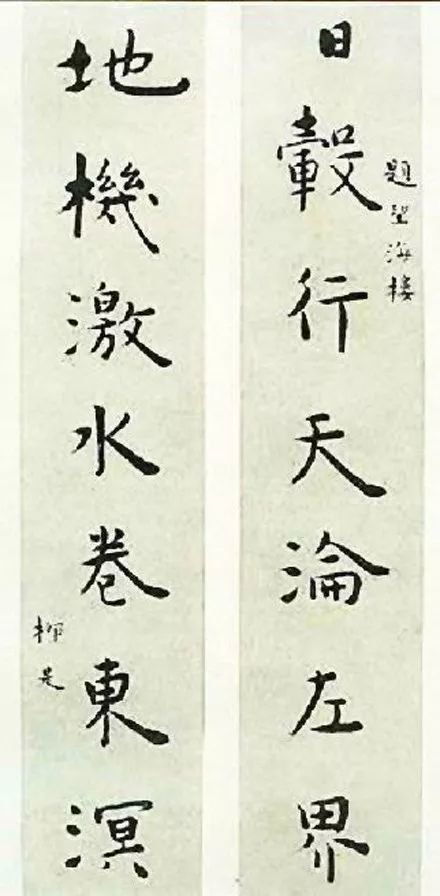
Liu Rushi's calligraphy

